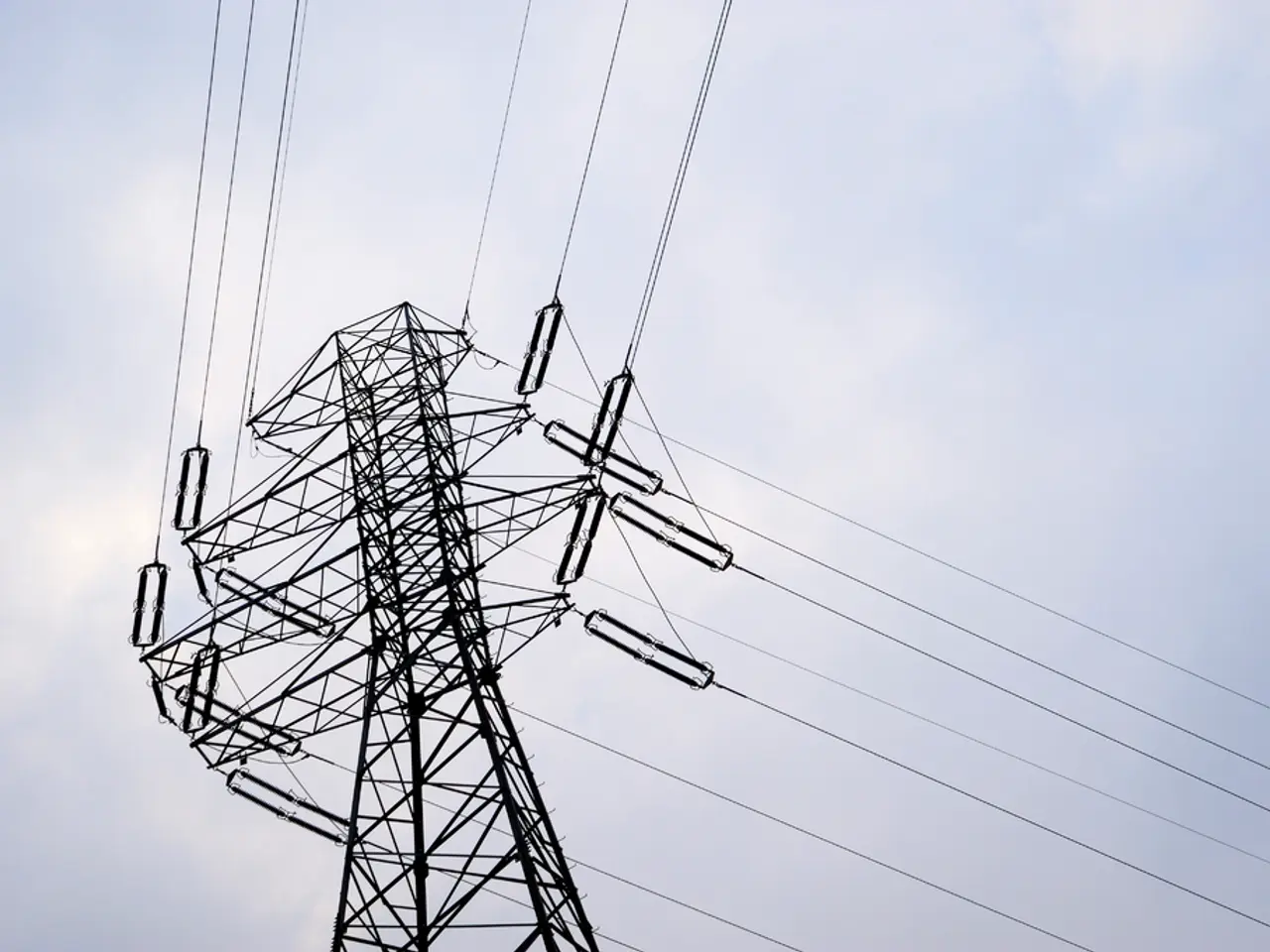Starlink's Impact on Africa's Internet Competition Redefined
Starlink, the satellite internet service led by SpaceX, is making waves in Sub-Saharan Africa. The service is disrupting the broadband landscape, but its long-term impact remains uncertain. Affordability, regulation, and reliability will play crucial roles in determining whether Starlink will be a short-term disruption or a long-term solution.
Challenges and Opportunities
Latency remains a significant challenge for Starlink. In Ghana, for instance, Starlink latency is approximately 130 milliseconds, which is considerably higher than the 13 milliseconds on fiber. However, in countries like Botswana, Eswatini, and Rwanda, Starlink outperforms local ISPs, achieving download speeds over 85 Mbps [1][2][3].
Equipment costs for Starlink range from $200 to $700, and monthly fees vary widely. In Zimbabwe, Starlink's deep discounts for unlimited data are undercutting expensive fiber packages, signalling a potential shift in the market [1].
Performance and Market Leadership
As of Q1 2025, Starlink's satellite internet service in Sub-Saharan Africa is newly introduced and not yet reported by Ookla as outperforming traditional ISPs such as Airtel Africa and Vodacom. These ISPs, with strong financial results and growing customer bases, remain dominant in the region [1][2][3].
Airtel Africa, for example, reported a 22.4% revenue growth to $1.41 billion, with a large customer base of 169.4 million. Vodacom posted an 11.4% revenue increase, continuing to expand in both mobile and financial services [1][3].
Partnerships and Expansion
Starlink is partnering with telcos to scale responsibly. Airtel Africa recently signed an agreement with SpaceX to roll out Starlink services across its 14 African markets, signalling anticipation of Starlink’s future growth [2]. Airtel Africa also plans to integrate satellite connectivity in 9 countries, hinting at a hybrid model combining satellite backhaul with local mobile or Wi-Fi infrastructure [4].
Regulatory Challenges
Regulatory challenges are delaying launches in countries like Angola, and Starlink does not have licenses in South Africa, Senegal, DRC, Côte d'Ivoire. In April 2024, Starlink was banned in Cameroon for operating without a license [1].
Market Penetration and Performance
No Ookla speed or quality benchmark data is publicly available yet showing Starlink surpassing these providers in the region for Q1 2025. This could indicate either a lack of significant market penetration or that Ookla has not yet published detailed comparative analysis for this period [1][2][3].
Conclusion
While Starlink is entering Sub-Saharan Africa through partnerships, traditional ISPs Airtel Africa and Vodacom currently maintain performance and market leadership with strong financial and user growth reported in Q1 2025. However, with next-gen satellites in orbit and more Points of Presence (PoPs) planned, Starlink may further narrow the digital divide, particularly in areas underserved by traditional ISPs [1][2][3].
[1] SpaceX's Starlink satellite internet service enters Sub-Saharan Africa
[2] Airtel Africa partners with SpaceX to roll out Starlink services across 14 African markets
[3] Vodacom posts strong Q1 results amidst growing customer base
[4] Airtel Africa to integrate satellite connectivity in 9 countries
- In the realm of education and self-development, the disruptive potential of Starlink could revolutionize online learning in Sub-Saharan Africa, providing students with access to resources that were previously unavailable due to poor internet infrastructure.
- The influence of technology and, more specifically, Starlink's satellite internet service, is anticipated to impact sports in the region by enabling better live streaming of sports events, ultimately enhancing the fan experience and fostering a more connected sports community.




